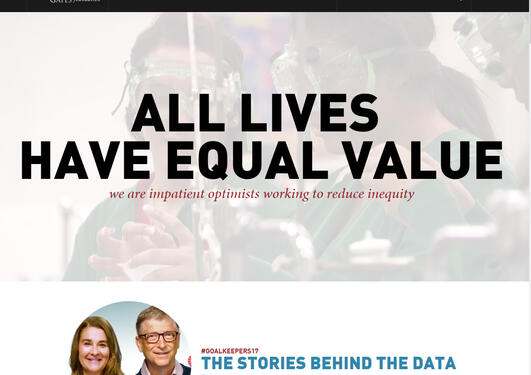Meet Some Capacity Builders
Five «students» been selected to take part in the capacity-building project funded by the Gates Foundation. Here we meet Lelisa Fekadu and Getachew Teshome.
Main content
Not ordinary students
These are no ordinary students. They come from responsible, leader positions in various FMOH departments. They were selected following a national, open competition by both the Ethiopian Federal Ministry of Health (FMOH) and the Project leaders, Ole Frithjof Norheim at the research group, Global Health Priorities at the Department of Global Health and Primary Care (IGS), and Stéphane Verguet at the Harvard T.H. Chan School of Public Health (HSPH).
Their selection forms part of the Health Ministry’s capacity-building vision. Ethiopia established a national essential health services package in 2005. The original intention was to revise the package regularly, every 5 years. However, because of different problem such as lack of evidence and technical capacity revisions have not yet taken place.
Competency development
The five “students” will be trained to gather and evaluate evidence that can be used as a basis for regularly developing the necessary cost-effective strategies and priority setting for revising Ethiopia essential health services. They will learn different skills depending on their particular interests and needs. The 3 Master and 2 PhD students will spend some months in Bergen meeting with supervisors, taking courses and attending seminars, and then they will have some months doing the same in Boston at the Harvard T.H. Chan School of Public Health (HSPH).
Win-win
Lelisa Fekadu, one of the PhD students, explained that it is a win-win situation. On the one hand, this training is of national importance. It is critical to enabling Ethiopia to attain its goal of having a robust, sustainable, effective national essential health service package. On the other hand, the training will enable these “students” to take leadership roles in Ethiopia’s further capacity-building efforts.
Getachew Teshome, the other PhD student, agrees, and said that this is critical to enabling Ethiopia to attain its goal of having a robust, sustainable, effective national essential health service package. He added that the training will provide each of them with new, valuable skills that will be relevant for their personal career development as well as for helping to enable Ethiopia achieve its important national health service goals.
Following their study periods in Bergen and Boston, the “students” will return to Ethiopia to carry out their different research projects. It will be very interesting to follow along with the progress of this important initiative, supported with Gates funding, but very strongly anchored in the Ethiopian goals and visions.


